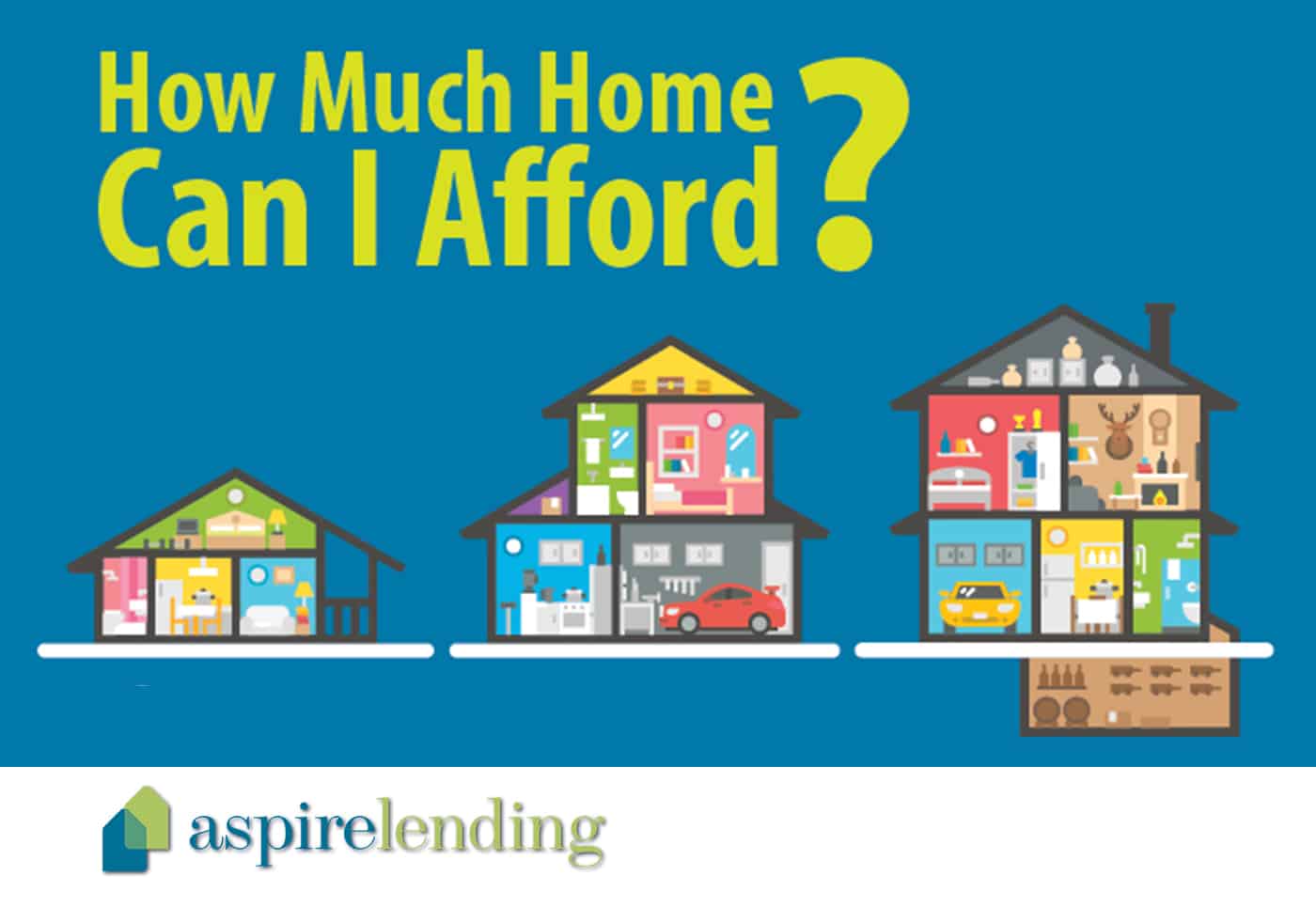Discover various interesting information about Fintechzoom How Much House Can I Afford, all of which we’ve summarized from various reliable sources.

**FintechZoom: Demystifying Home Affordability**
Before stepping foot into a real estate agent’s office, it’s crucial to know how much house you can afford. This is where our story begins. A couple we worked with, let’s call them the Smiths, had been saving diligently for their first home. They had a solid financial foundation, but when they started looking at houses, they quickly realized that their dream home was far out of reach.
Disheartened, they came to us for guidance. We guided them through our comprehensive affordability analysis, which considers a host of factors beyond just their income and savings. By leveraging our fintech expertise, we painted a precise picture of their financial landscape.
**The Pillars of Home Affordability**
Knowing how much house you can afford hinges on several key pillars:
- **Income**: Your monthly income is the foundation of your affordability calculation.
- **Debt-to-Income Ratio (DTI)**: Expressing your debt payments as a percentage of your income, DTI measures your ability to manage debt.
- **Down Payment**: The amount you can put down on a house upfront typically falls between 5-20% of the home’s purchase price.
- **Closing Costs**: These fees, which typically range from 2-5% of the home’s price, cover various closing-related expenses.
- **Interest Rates**: The interest rate on your mortgage significantly impacts your monthly payments.
**Calculating Home Affordability**
To calculate how much house you can afford, follow these steps:
- Determine Your DTI: To calculate DTI, simply divide your monthly debt payments by your gross monthly income.
- Consider Down Payment and Closing Costs: Subtract the amount you have saved for a down payment and closing costs from the purchase price of the home.
- Estimate Your Monthly Payment: Factor in the interest rate, loan term, and property taxes to estimate your monthly mortgage payment.
- Apply the 28/36 Rule: Most lenders recommend keeping your monthly housing expenses (mortgage, taxes, insurance) below 28% of your gross income and your total DTI below 36%.
- Consider Your Savings and Emergency Fund: Remember to factor in your savings goals and emergency fund to ensure you can comfortably manage your mortgage.
**Latest Trends and Developments**
The home affordability landscape is constantly evolving. Here are some recent trends:
- Rising Interest Rates: Mortgage rates have been climbing steadily, increasing monthly payments for homebuyers.
- Tightening Credit Standards: Lenders are tightening their mortgage eligibility requirements in response to rising interest rates.
- Increased Home Prices: While home prices are starting to cool in some markets, they remain high in many areas, further reducing affordability.
- Rent-to-Own Programs: Some programs allow you to rent a home while building equity, eventually transitioning to ownership.
**Expert Tips and Advice**
Based on our experience, here are some valuable tips to enhance your home affordability:
- Improve Your DTI: Pay down existing debt or increase your income to improve your affordability ratio.
- Increase Your Down Payment: Saving for a larger down payment reduces your loan amount and monthly payments.
- Negotiate Closing Costs: Ask the seller to cover some closing costs or negotiate with the lender for concessions.
- Consider Different Loan Options: Explore government-backed loans like FHA or VA loans, which offer more flexible underwriting guidelines.
**Common FAQs**
- Q: Is a 20% down payment necessary?
A: While 20% down is ideal, it’s not always required. Many lenders offer loans with down payments as low as 3-5%.
- Q: What if I have low income or a high DTI?
A: Consider affordable housing programs or government assistance options to help you qualify for a mortgage.
- Q: How can I improve my credit score?
A: Pay bills on time, reduce your credit utilization ratio, and dispute any errors on your credit report.
**Conclusion**
Determining how much house you can afford requires a holistic approach that considers your financial situation, the housing market, and expert advice. By following these guidelines, you can confidently navigate the path to homeownership and make informed decisions that align with your financial goals.
Are you ready to unlock your home affordability potential? Connect with FintechZoom today to get started.

Image: www.aspirelending.com
Fintechzoom How Much House Can I Afford has been read by you on our site. Thank you for your visit, and we hope this article is beneficial for you.

 Hogki.com Trusted Information and Education News Media
Hogki.com Trusted Information and Education News Media